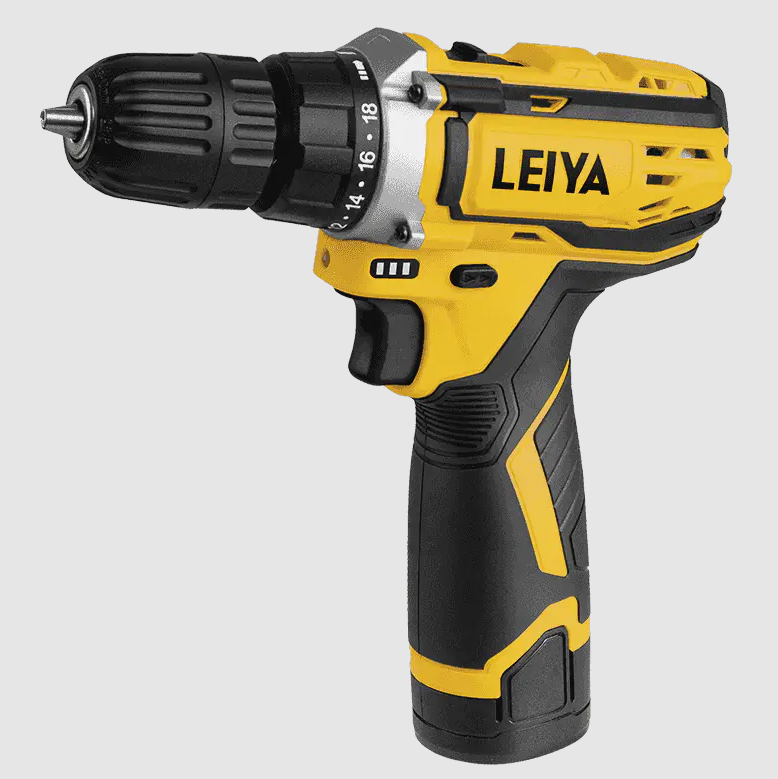Innovations Shaping the Future of Electric Power Tools Manufacturing

The future of electric power tools factories is shaped by emerging technologies, evolving consumer demands, and sustainability challenges. As automation and digital tools continue to evolve, factories are likely to become even more efficient and flexible in their production capabilities.
One notable trend is the integration of artificial intelligence (AI) and machine learning into manufacturing processes. AI can analyze production data in real time, allowing for quicker adjustments to manufacturing schedules, machine performance, and quality control. This enhances efficiency and reduces downtime.
Factories are also exploring the use of additive manufacturing (3D printing) for producing complex components or prototypes. This can significantly speed up product development and allow manufacturers to produce parts on-demand, reducing material waste and storage costs.
Consumer demand for personalized and customized tools is another factor influencing future factory operations. To meet this demand, factories are increasingly implementing flexible production lines capable of handling smaller batch sizes and custom orders without sacrificing efficiency.
Lastly, as environmental regulations become stricter, electric power tools factories are investing in cleaner energy sources, such as solar or wind power, to meet sustainability goals. These investments not only help meet regulatory requirements but also enhance the factory’s brand reputation.
With these advancements in technology and sustainability practices, the future of electric power tools factories looks promising, offering a more efficient, innovative, and environmentally responsible manufacturing landscape.
- Art
- Causes
- Crafts
- Dance
- Drinks
- Film
- Fitness
- Food
- Games
- Gardening
- Health
- Home
- Literature
- Music
- Networking
- Other
- Party
- Religion
- Shopping
- Sports
- Theater
- Wellness


